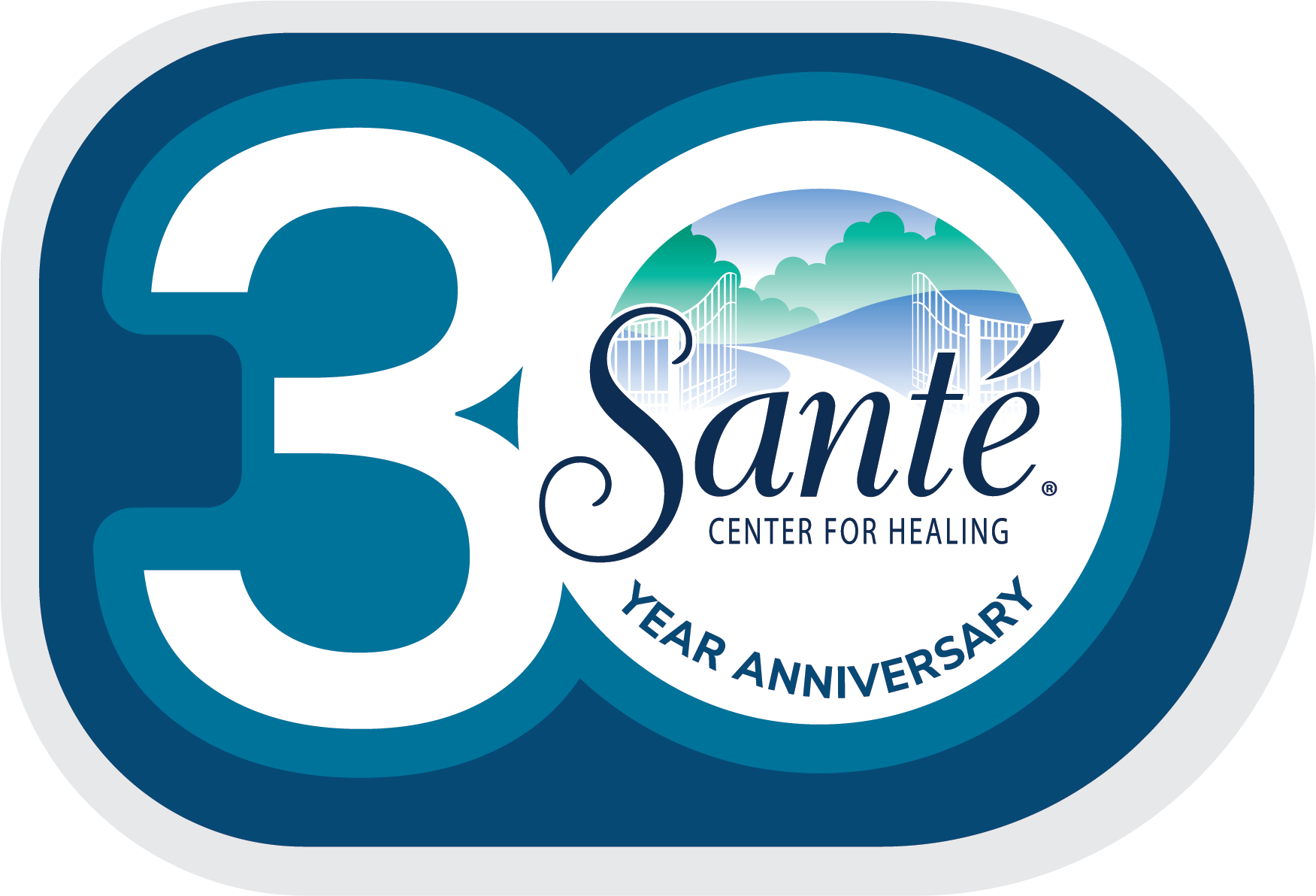Drug abuse and addiction is a problem experienced by people of all ages, nationalities, and income levels. Teens, however, can be more susceptible to the effects of drug use. They also need specific care that takes their age and their futures into account. Take a closer look at the causes of teen drug abuse, possible treatment options, and what rehab centers need to offer along the way.
Common Causes of Teen Drug Abuse

Do Teens Really Need Professional Help?
There is sometimes a tendency to see teen drug abuse as part of being a young adult. That mindset is problematic and downright dangerous. What is normal is that teens will experiment, try new things, and make new friends. Dyeing your hair green is a teenage phase, but heroin addiction is a completely different issue. If a teenager in your life struggles with drug abuse, then don’t ignore the problem. Teen drug abuse can quickly become teen drug addiction, that is if it hasn’t already. Providing teens with emotional and medical support as early as possible means that there is a better chance at total recovery, lifelong sobriety and fulfilling life in the years to come.
The Benefits of Family Involvement
Addiction is routinely called a family disease. That’s because the factors that lead to addiction can often stem from the family. There is a genetic component to addiction, but other factors are often present in more than one family member. For a number of reasons, family involvement is key when teens are fighting back against drug addiction. As you choose an addiction treatment program that is best, make sure there is a focus on including family members. To start, that might mean educational classes for close family members. This is a fantastic opportunity for family members to understand more about addiction as well as the recovery process. If family members can learn how to be a support system, the chance of recovery improves significantly for the client. Family can offer help, be on the lookout for struggles and help clients find their path to sobriety. This is especially true for teens who are still finding their place in the world.
Creating a Plan for Relapse Prevention
The road to recovery doesn’t end just because addiction treatment programs are over. That’s why relapse prevention has to be a big part of any successful program. This is true for all clients, but it is especially important for teens. Teenagers are in a time of change. They are ready to take steps toward independent living, higher education, or their first full-time jobs. These are challenging times, so teens with substance abuse issues need to have coping mechanisms ready to prevent relapse. Establishing healthy habits early in life can go a long way in improving the rates of long-term sobriety.
Begin the Recovery Process at Santé Center for Healing
At Santé Center for Healing, young adults can get the help they need. Teen drug abuse is a serious issue, and teens require support, medical care, and therapy along the way. With a wide variety of programs available, teens can find the right program that suits their needs and their lifestyles. Just a few of the many treatment methods and therapies available to clients include the following:
- Experiential therapy
- Trauma therapy
- Family therapy
- Group therapy
- Cognitive behavioral therapy
- Dialectical behavior therapy
Teen drug abuse requires professional help. At Santé Center for Healing in Argyle, Texas, you can get drug addiction help for yourself or a teen in your life. Call 866-238-3154 to learn more and get on the path to recovery.

